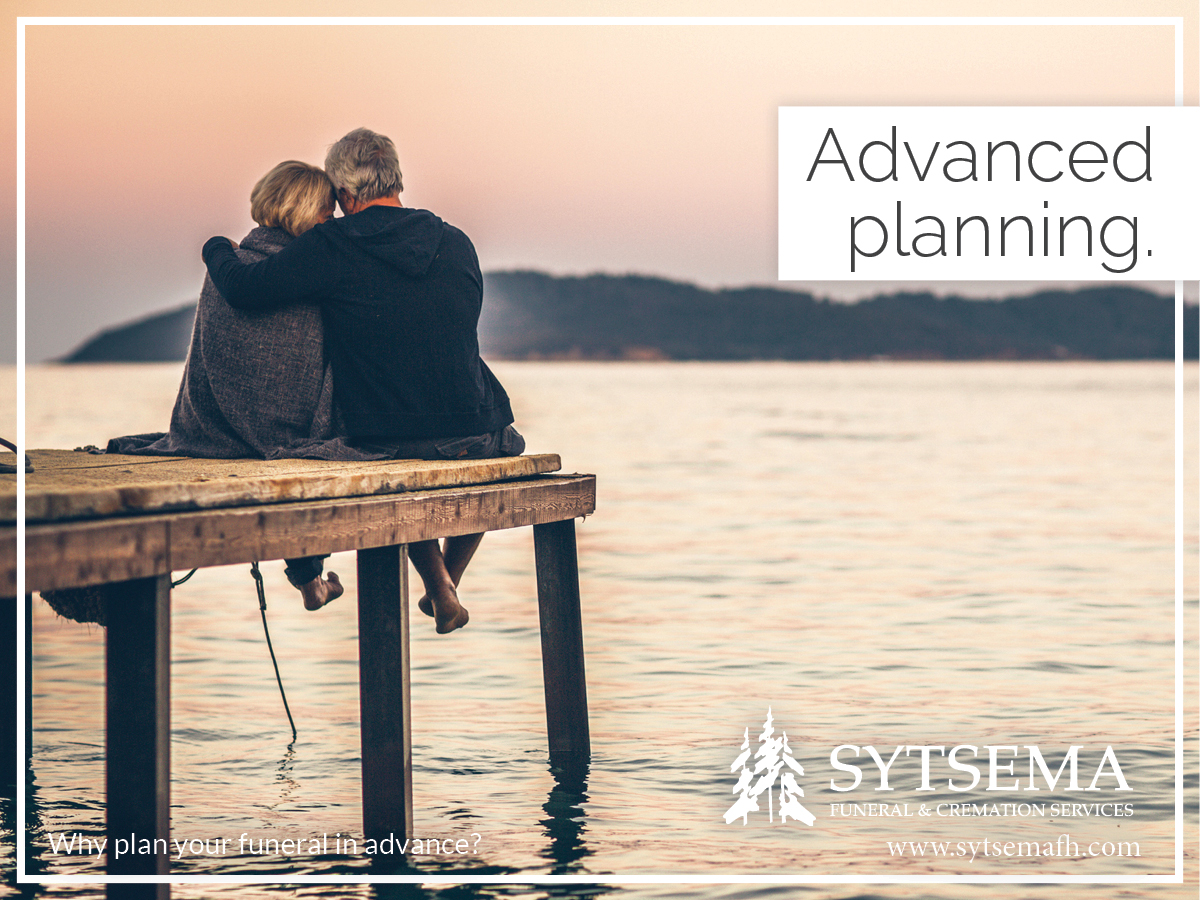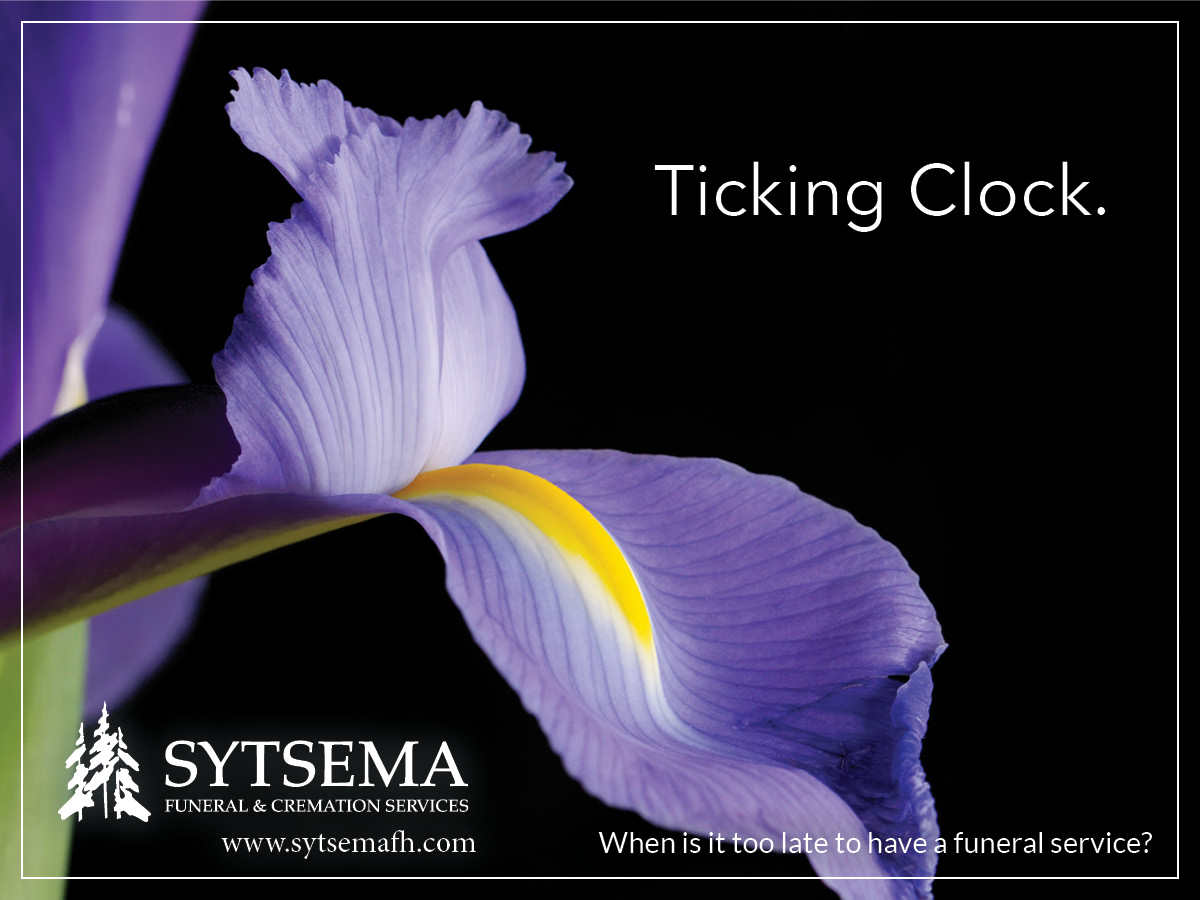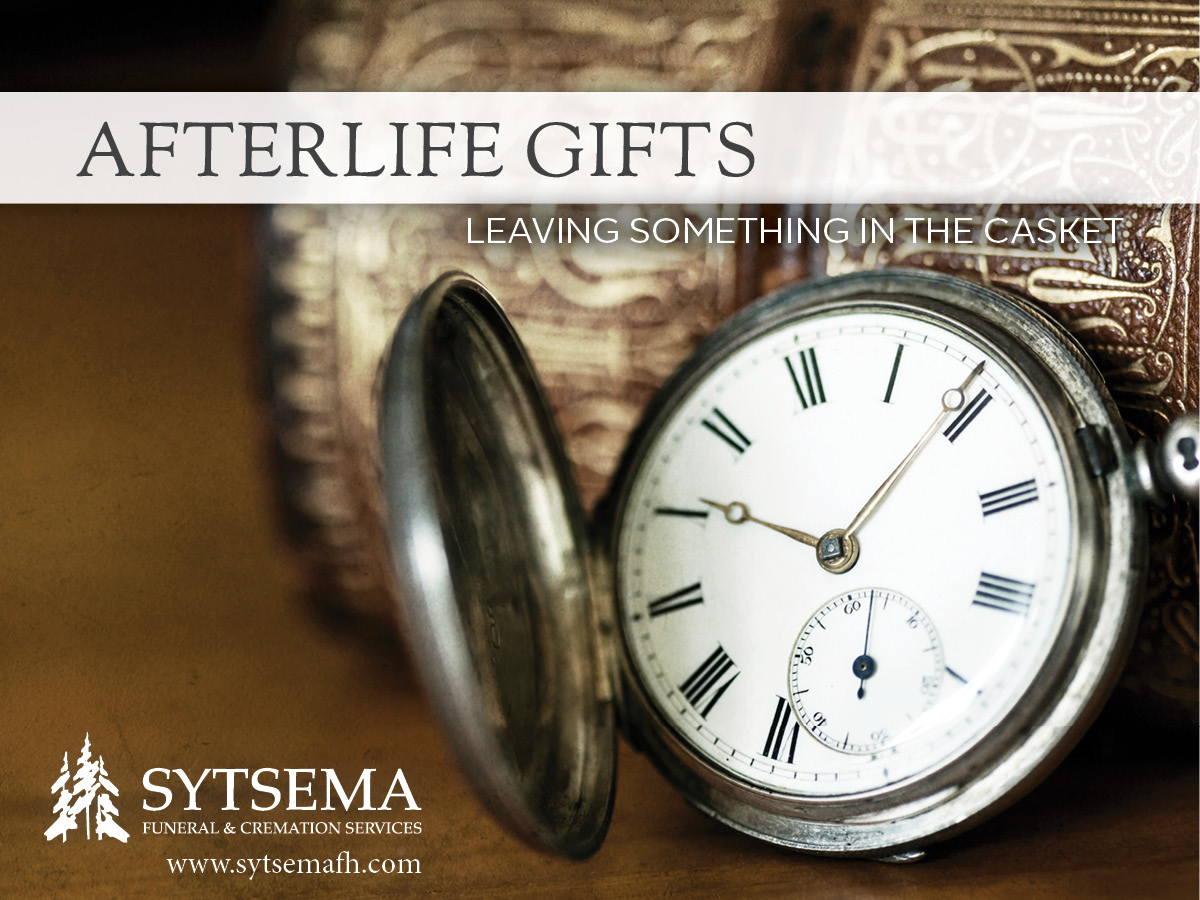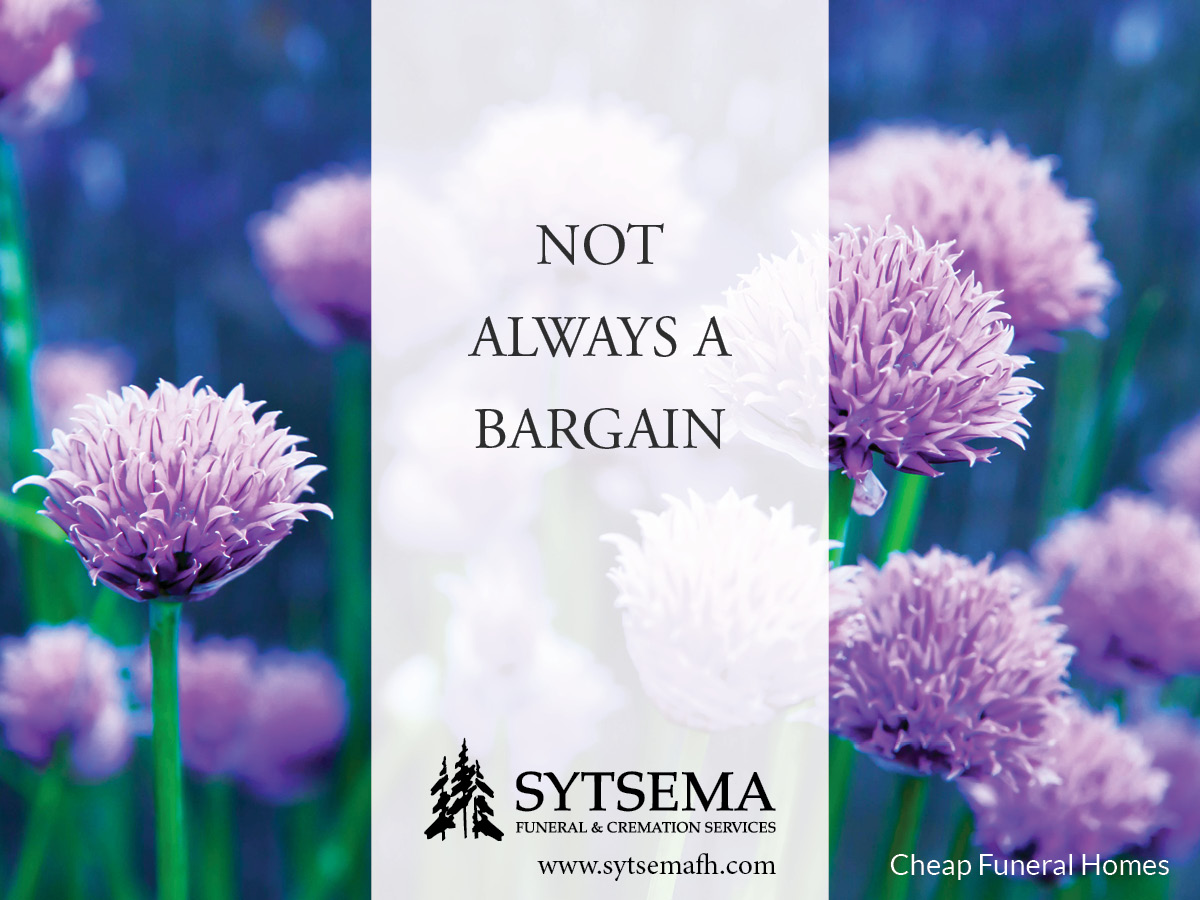
Funeral Home Near Me
Posted on December 22, 2021 by Sytsema Funeral Home | Leave a comment
Posted under Funeral Service
Even if you live in a small town, you are likely to be presented with more than one choice when you google funeral home near me. The search will provide you with contact information, location, and perhaps a link to websites of the funeral homes near your immediate location. The search is a useful first […]
Continue Reading
Why Plan your Funeral in Advance?
Posted on December 9, 2021 by Sytsema Funeral Home | Leave a comment
Posted under Advance funeral planning / preplanning
The strongest and most compelling recommendations for advance funeral planning come from those who have just buried a parent. The daughter who just worked with her four brothers to put together a funeral for their mother will be the first to tell you, “If you have not already done so, please plan your funeral.” […]
Continue Reading
When is it too late to have a funeral service?
Posted on November 26, 2021 by Sytsema Funeral Home | Leave a comment
Posted under Funeral
The amount of time that has passed since the death should not be the deciding factor when considering scheduling a service of remembrance for someone you loved. Especially now, when so many people have been required to postpone or eliminate celebrating a loved one’s life because of the pandemic. Instead of time, let your […]
Continue Reading
Leaving Something in the Casket
Posted on November 12, 2021 by Sytsema Funeral Home | Leave a comment
Posted under Funeral
The practice of sending a deceased loved one off with objects from this earthly life is as old as mankind. Ancient Egyptians believed when a person died, they passed into “the afterlife.” Burial goods paralleled objects used in life because it was believed these same objects would be needed in the afterlife. Burial goods included […]
Continue Reading
Cheap Funeral Homes
Posted on October 29, 2021 by Sytsema Funeral Home | Leave a comment
Posted under Funeral
The thing about cheap funeral homes is the business model works for them and may not necessarily work for you. You, the person who has just lost someone you love. You, the person who needs the services of a funeral home. Cheap funeral homes hang their hat on volume. They are playing the numbers. […]
Continue Reading